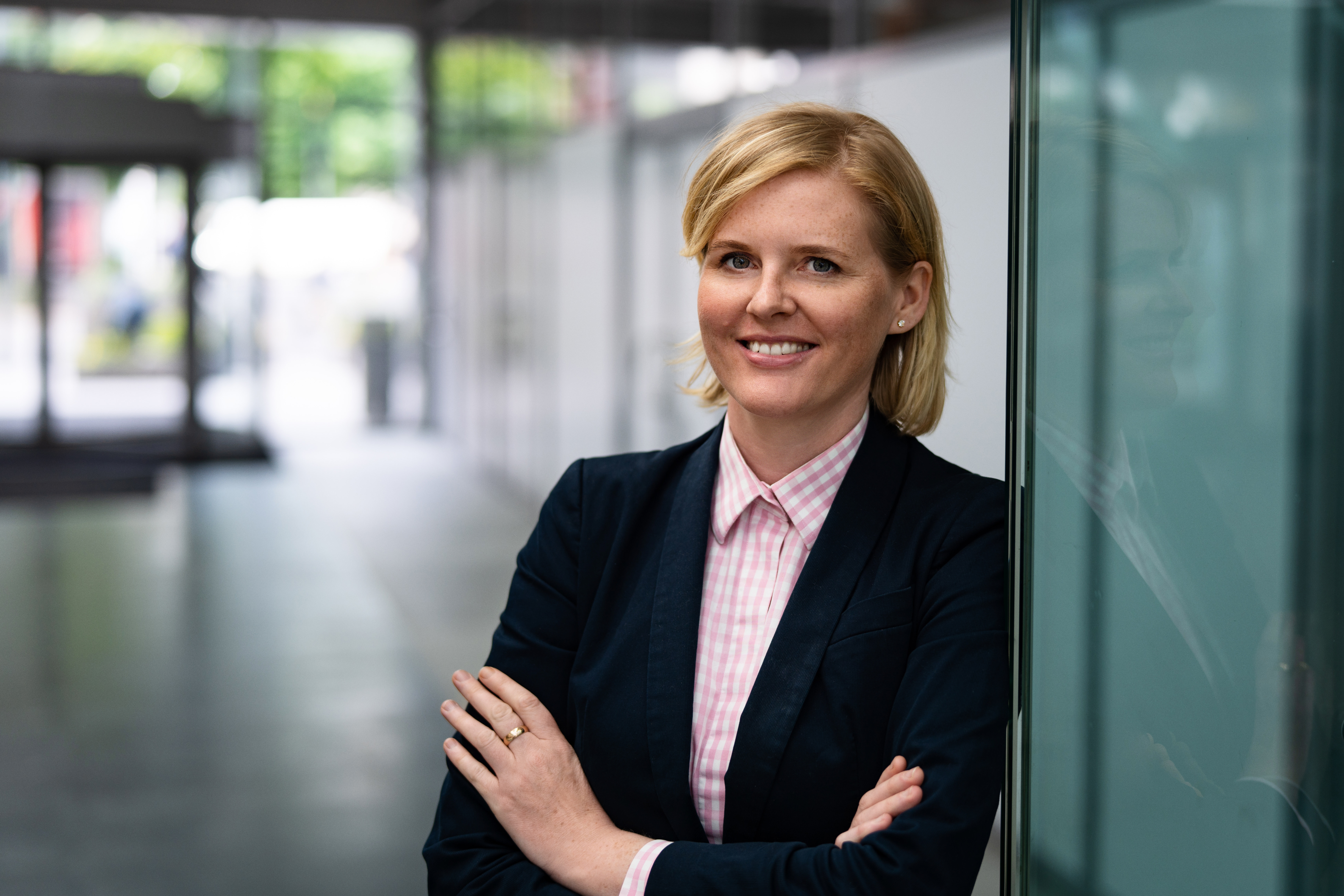Aleksandra Niziolek
Aleksandra Niziolek - Technical Asset Manager

How would you describe your job as a Technical Asset Manager?
As a Technical Asset Manager, my main role is to manage tenant improvements and capital expenditures in properties that increase their value and ensure their long-term profitability. I oversee capital expenditures with focus on reducing the environmental impact of buildings and improving the well-being of occupants. In the tenant improvement part, I am responsible for adapting and modifying the interior spaces in our buildings. I work with architects, contractors, and vendors to plan, define standard and execute changes according to the specific needs of tenants. I manage the entire process, ensuring effective communication and timely completion of the project. My goal is to deliver a customized interior space that meets the desired requirements while adhering to quality standards and project constraints.
What qualifications are required to work as a technical asset manager?
A career as a Technical Asset Manager in the real estate industry typically requires a bachelor's degree in engineering, architecture, construction management, or facilities management. Strong technical knowledge of building systems and infrastructure and experience in real estate or facilities management is essential.
Project management skills are important to coordinate maintenance, capital, and office adaptation projects, while good communication and interpersonal skills are required to interact with various stakeholders.
Analytical and problem-solving skills are critical to analyze data, evaluate system performance, and make informed decisions. Knowledge of regulatory compliance and environmental standards is also critical to maintain those around industry standards. In addition, ongoing education is essential to successfully monitor and manage the technical aspects of real estate.
What is most important to you in your relationships with tenants and service providers? How do you maintain the relationships?
Building and maintaining positive relationships with tenants and service providers is crucial. Here are some key aspects that are important to me in these relationships and strategies for maintaining them:
- Communication: Maintaining open and effective communication with tenants and service providers to understand their needs, address concerns, and provide updates.
- Responsiveness: Timely response to tenant requests and service providers' inquiries to ensure prompt resolution of issues.
- Professionalism: Maintaining a professional and respectful approach in all interactions, treating everyone fairly and courteously.
- Proactive Maintenance: Implementing preventive maintenance programs to minimize disruptions and create a reliable environment for tenants.
- Vendor Management: Developing positive relationships with service providers by setting clear expectations, providing timely feedback, and recognizing their efforts.
- Tenant Engagement: Fostering a sense of community and involvement among tenants through meetings, events, and seeking their feedback.
- Fairness and Transparency: Ensuring transparency in policies, lease terms, and contract agreements with tenants and service providers.
- Continuous Improvement: Evaluating and enhancing property management processes based on feedback and embracing new technologies and industry best practices.
By focusing on these aspects, I aim to build trust, maintain positive relationships, and provide a high-quality experience for tenants and service providers.